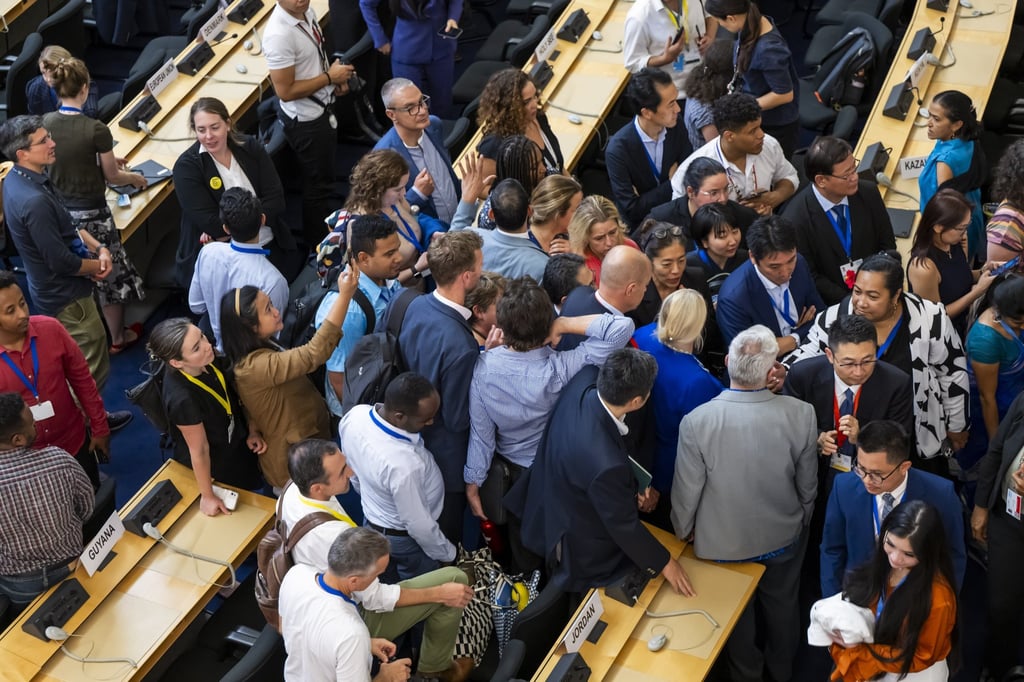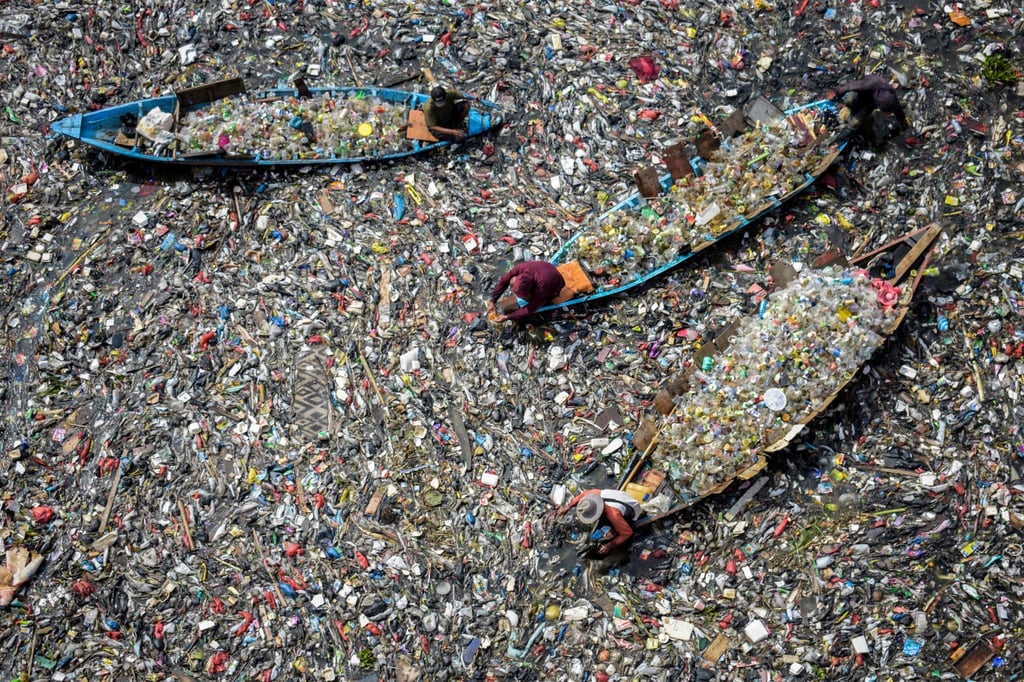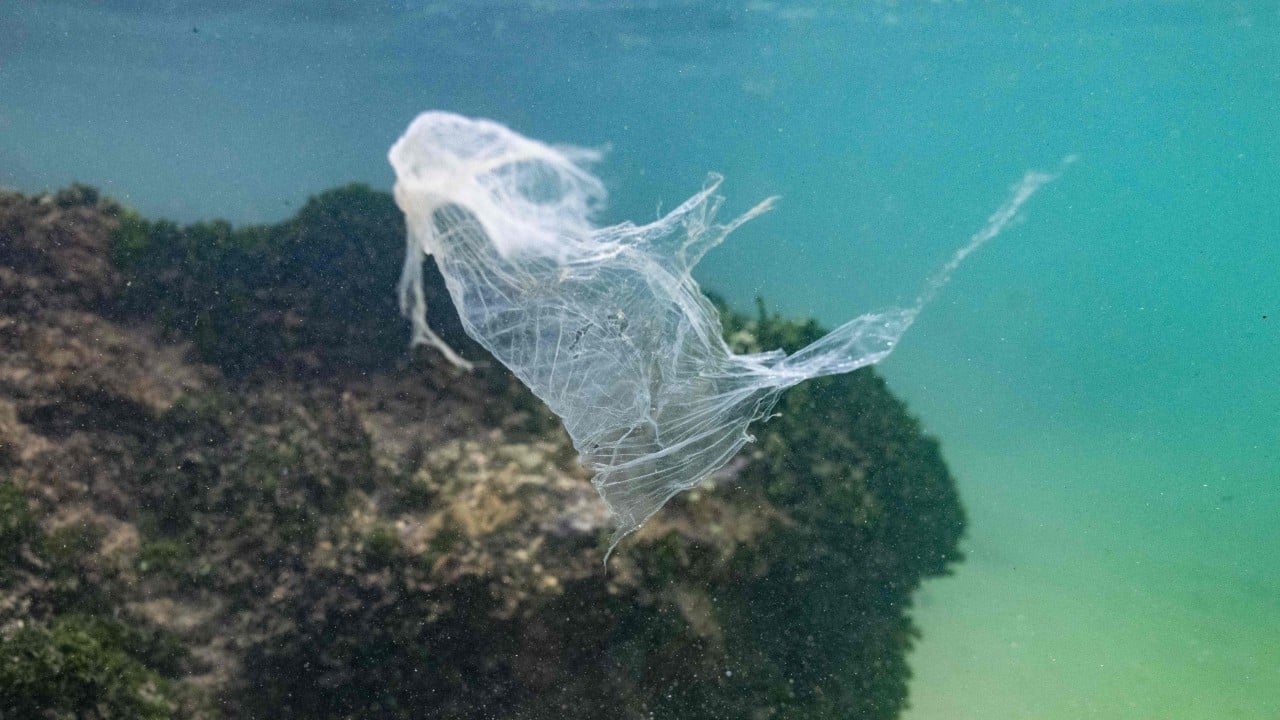As plastic waste chokes oceans, poisons wildlife and infiltrates human bodies, the world’s governments met in Geneva this week to hammer out a landmark United Nations treaty.
Advertisement
But the summit was thrown into disarray as a coalition of oil‑producing states determined to block binding limits on plastic output – with which Malaysia was controversially aligned – saw negotiations stretched into an unscheduled eleventh day without agreement.
The Geneva talks, billed as the “Paris Agreement for plastics” in reference to the 2016 deal on climate change, were due to conclude on Thursday after 10 days of marathon sessions involving 185 countries, but were abruptly adjourned with barely 23 minutes of the day remaining. The talks ended on Friday with no consensus on a last-ditch proposal aimed at breaking the deadlock.

Delegates described scenes of confusion and frustration in the UN’s Palais des Nations assembly hall. “It’s such a mess. I’ve never seen that,” said Aleksandar Rankovic of The Common Initiative think tank on Thursday. “The room is very discontented.”
At the heart of the impasse was a deep rift between two coalitions: the so-called High Ambition Coalition – led by the European Union, the UK, Canada and several African and Latin American nations – which pushed for binding measures to cut plastic production and phase out toxic additives; and the “Like‑Minded Group” of mostly oil‑producing states, including Saudi Arabia, Kuwait, Russia, Iran and Malaysia, which wanted the treaty to focus on waste management rather than production caps.
Greenpeace Malaysia’s Weng Dun Xin accused the country, one of Southeast Asia’s largest plastics producers, of “blocking progress on purpose” by aligning itself with the oil giants, adding that it had come under pressure from the fossil fuel and petrochemicals industry, whose representatives were “strongly present” in Geneva.

Malaysia’s US$3.89 billion plastics market is projected to grow to US$4.71 billion by 2029, according to the Malaysian Petrochemicals Association. Exports were worth 17.3 billion ringgit (US$4 billion) in 2022, up almost 9 per cent from the previous year. Critics say the government’s stance reflects a desire to protect this lucrative sector.
Advertisement

